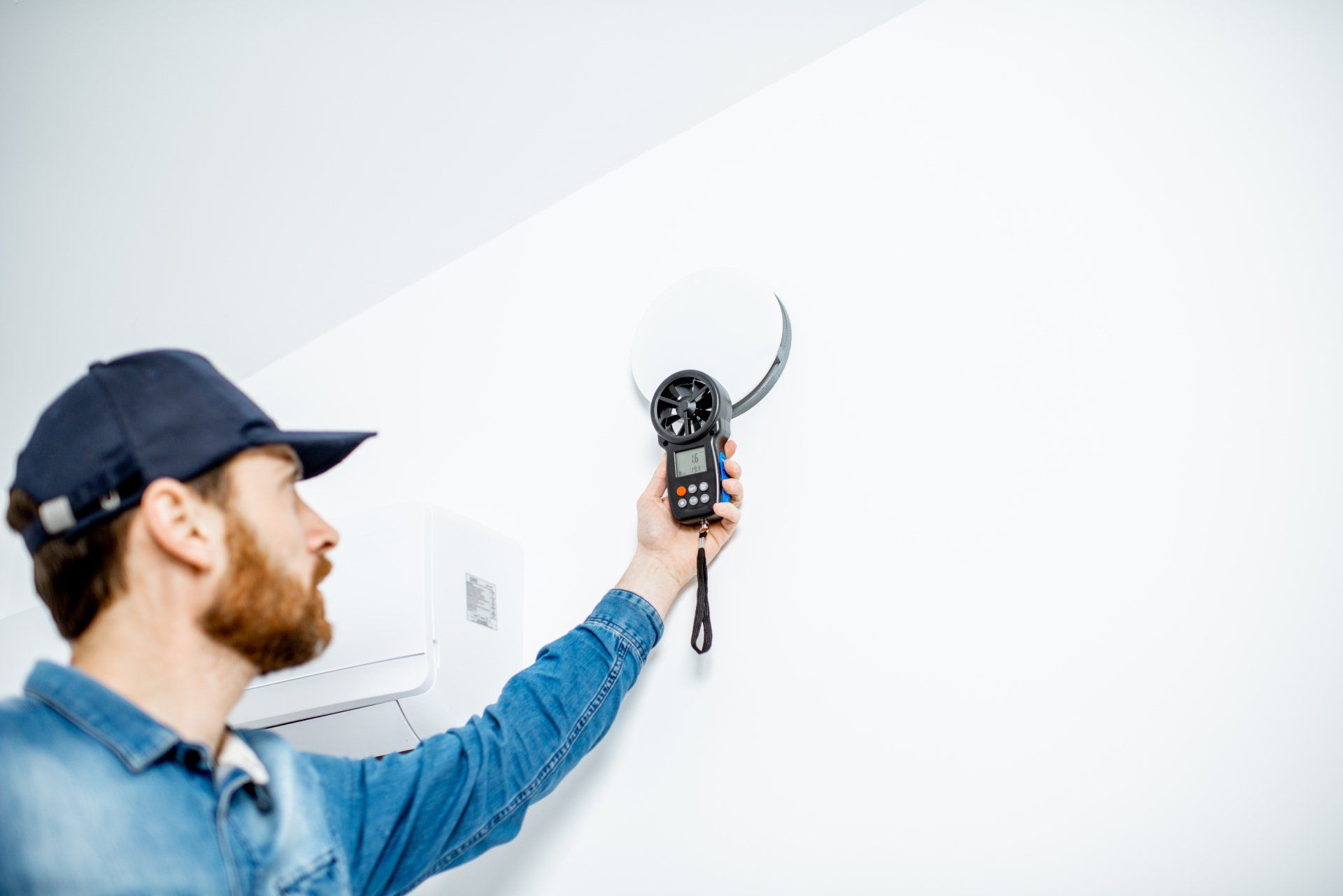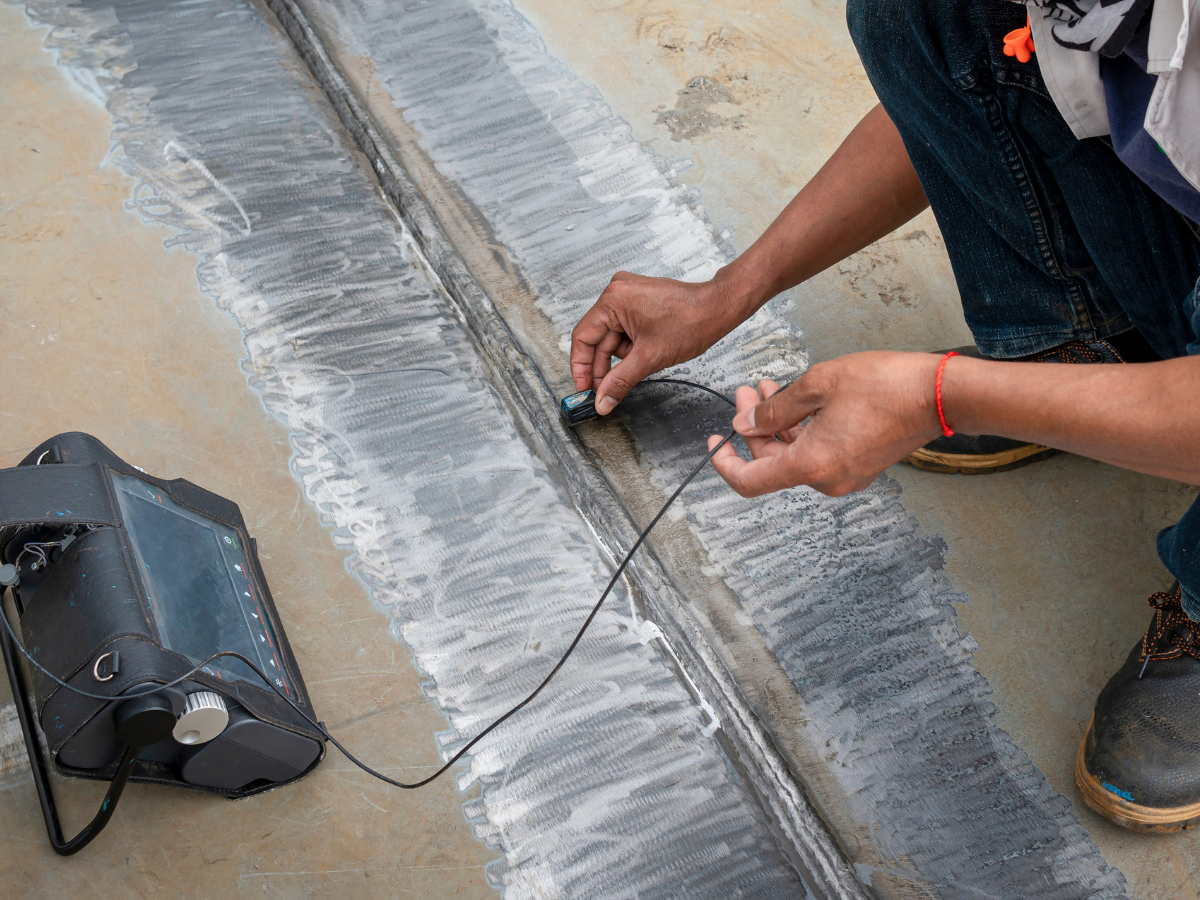4 Common Misconceptions About Certified Welding Inspectors
December 9, 2021
For such an important profession, welding inspection is not well understood. Inspectors save thousands of lives and billions of dollars, yet many companies do not know how to use their skills properly. If you plan to become a certified welding inspector or work with one, don’t make the mistake of thinking that they:
1. Can Judge By Sight
Many underestimate the complexity of welding inspection, assuming that inspectors can find flaws just by looking at the metals. In fact, most metal flaws are far too subtle for the human eye to detect. Inspectors must instead rely on:
- Magnetic Particle Testing, or the use of magnetic fields to find discontinuities in the metal.
- Ultrasonic Testing, which involves detecting flaws with acoustics.
- Other Non-Destructive Methods, including testing with liquid penetrants, radiation, and infrared technology.
Failing to understand the complexity of welding inspection is as harmful for manufacturers as it is for prospective inspectors. Many companies underestimate the task, don’t vet their inspectors properly, and end up with sub-par inspections.
2. Are Lone Wolves
Besides underestimating the complexity of inspection, many companies don’t realize that inspectors cannot stand alone. Testing is only as accurate as the conditions allow it to be, and even the most skilled inspector cannot test properly if the company doesn’t take proper precautions. Cleanliness, for example, is necessary for an accurate test; if the metal is greasy or oily, it will trap magnetic particles, undermining that form of testing. Manufacturers must thus keep their metal products as clean as possible and obey all of their inspector’s other instructions.
3. Can Switch From Job To Job
Not only is welding inspection a highly skilled profession, but the specific skills needed vary from company to company. Many companies create their own tests to certify welders and welding inspectors, which often differ significantly from the standard American Welding Society ones. This can often make it difficult for inspectors to switch to other companies if they don’t like their current jobs. At the same time, it means that certified welding inspectors become invaluable to companies once they are hired, giving them substantial bargaining power. In any dispute, a company is far more likely to accommodate its current inspector than it is to undertake the cost of hiring and training a new one.
4. Only Need Technical Skills
Although inspection is a highly technical job, communication is every bit as important to an inspector’s work. Inspectors must explain to welders and the broader company what flaws they detect, how to fix them, and how to avoid similar problems in the future. This means breaking complex scientific and engineering terms down into language that the uninitiated can understand. It takes great rhetorical skill to do this effectively.
Steel City NDT provides high-quality inspections on all types of metal. We carefully vet each certified welding inspector we hire, making sure everyone has the skills and experience to do the job correctly. For more information, visit our website today.
You might also like





